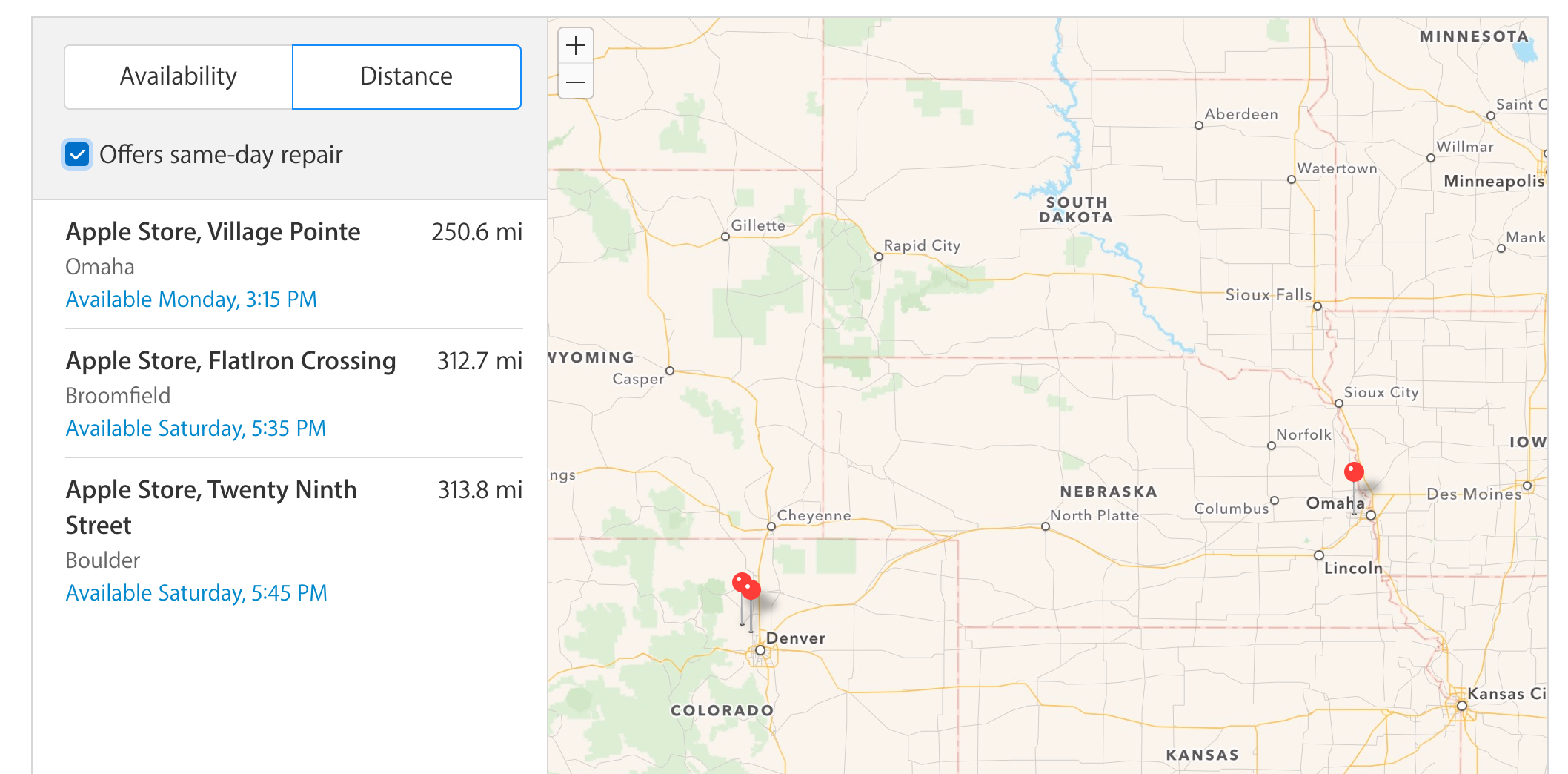Apple: iPhones Are Too ‘Complex’ to Let You Fix Them
Credit to Author: Jason Koebler| Date: Fri, 22 Sep 2017 14:30:00 +0000
Apple’s top environmental officer made the company’s most extensive statements about the company’s stance on its products’ repairability Tuesday at TechCrunch Disrupt in San Francisco. The company’s message is that rather than repairability, the company designs its products for “durability.” If a repair is needed, it should be “accessible,” but only at an Apple-authorized repair shop, which are often inconveniently located and aren’t given permission to do hard repairs. And Apple says it’s working toward sustainability in the supply chain, but Apple’s recycling policies are in direct contradiction with those stated goals.
“I don’t think you can say repairability equals longevity,” Lisa Jackson, Apple’s vice president of policy and social initiatives said. “I often say if you’re in the repair business, repair seems like the answer. But actually you need to design for the life cycle. And Apple has designed for some time around durability, around the idea we can release the latest and greatest product, your old product still works and has value.”
“Our first thought is, ‘You don’t need to repair this.’ When you do, we want the repair to be fairly priced and accessible to you,” she added. “To think about these very complex products and say the answer to all our problems is that you should have anybody to repair and have access to the parts is not looking at the whole problem.”
I have repeatedly been hard on Apple for its stance on third-party repair. This is because much of what Apple and Jackson are saying doesn’t really make sense or isn’t true once it’s examined. With its “Authorized Service Provider” program, Apple unilaterally sets both the prices and geographic distribution of repairs. It dreams of a world in which it has a repair monopoly—if it believed in competition, it wouldn’t lobby against state efforts to require manufacturers to make repair parts and guides available to the public.
If you live in, say, Valentine, Nebraska and want your phone repaired by an “authorized” Apple store or partner and you want same-day service (i.e., you don’t want to stay overnight in a hotel while someone fixes your cracked phone screen), you need to travel to Omaha, 250 miles away. This is not an “accessible” repair.


Apple Stores and Apple authorized service centers are also not capable or, in the case of authorized stores, allowed to fix many problems one is likely to encounter on their phone or iPad. For instance, authorized service providers aren’t allowed to replace an iPhone charging port—which takes most third-party repair companies 10 minutes and costs $30 or so. Instead, these devices must be mailed to a larger service center to be fixed offsite. Apple Stores and authorized service centers also can’t do micro soldering, which many third party shops can do and is necessary to fix common iPhone 6 “touch disease” defects or to fix an iPad’s backlight, among many other potential maladies that can affect a phone or iPad.
“If the program worked well, I would have joined a long time ago,” one independent repair shop owner told me earlier this year. “The only thing they allow you to repair are screens and batteries. If there’s a broken camera, you have to send it back. Broken charge port, send it back. If it’s an iPad, you have to send it back. These are repairs that take minutes to do, and you have to send it out.”
Apple certainly isn’t wrong in that it’s important to make durable devices. But all electronics will break at some point, and the Institute of Electrical and Electronics Engineers says that extending a phone’s life from one to four years “decreases its environmental impact by about 40 percent.”
Jackson also spoke extensively about the importance of cell phone recycling and part reusability further down the line. Apple has often touted “Liam,” its recycling robot, but Liam only comes into play when phones are turned into official Apple recycling channels. A few centralized Liams are no match for a robust hardware reuse program; phones and laptops turned into local recycling centers should be refurbished (by humans) and resold. Unfortunately, Apple actively fights against such a solution.
“In my mind from an environmental standpoint, [the solution] is looking at the resources that it takes to make a product and moving to a circular use of those resources,” Jackson said. “They don’t pass through the system once and then end up in somebody’s landfill or somebody’s drawer. There’s incentive to you to get those resources back and then work on reusing them, hopefully in product.”
This is all well-and-good in theory. But Apple’s policies often prevent this from happening. As I reported earlier this year, Apple requires recyclers who deal with its products to sign “must shred” clauses, meaning that any material that is recycled on behalf of Apple must be destroyed. Apple told state regulators in documents I acquired using a Freedom of Information Act request that these electronics that end up at recyclers are not to be reused.

Jackson and Apple make it seem that, in eschewing third party repair, the company makes up for it in other areas. But its business practices show quite plainly that in areas such as recycling, it doesn’t back that talk up. And so if Apple doesn’t support independent repair and is specifically making sure its products that go to third-party recyclers aren’t being reused, well, then, what does it stand for?
https://motherboard.vice.com/en_us/rss